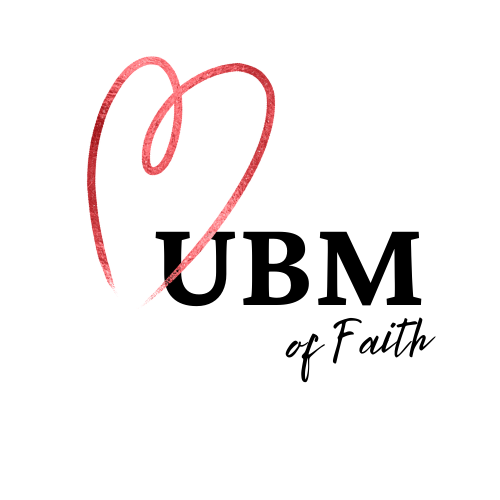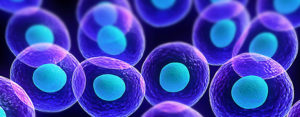Detoxification & Cellular Antioxidants
As much as there has been written about the importance of antioxidants, it is important to address that the cells of the body have built-in cellular antioxidants, which are the big defenders of the castles we call our cells. These antioxidants are continuously preventing the formation of an excess of oxidative by-products, which can form harmful free radicals. The 4 major intracellular antioxidants that are critical for detoxification include:
- Glutathione
- Superoxide Dismutase
- Catalase
- Coenzyme Q10
Glutathione is often referred to as “the mother of all antioxidants”, because it is so ubiquitously found in different cells. Glutathione is also one of the only molecules that can remove mercury. Glutathione is actually a tripeptide, consisting of 3 amino acids: cysteine, glycine and glutamine.
Superoxide dismutases (SOD’s) are enzyme/antioxidants, which degrade or “dismutize” harmful superoxides into oxygen and hydrogen peroxide. The two primary SOD’s are created from trace minerals: zinc, copper, manganese and iron.
Catalase is an antioxidant enzyme that degrades hydrogen peroxide into water and oxygen. Catalase is composed of 4 porphyrin, iron-based groups.
Coenzyme Q10 (CoQ10) is a powerful antioxidant in operation within the mitochondria of cells. It is a very important “redox” molecule, which means that it undergoes full cycles of oxidation and reduction. It can both receive and donate electrons. Mitochondria are the energy-producing factories within cells. Protecting the mitochondria from oxidative damage and potential free radical damage and cellular toxicity, is one of the most important functions of CoQ10. It is critical to understand the significance of CoQ10 as a mitochondrial antioxidant, because mitochondrial damage is one of the primary catalysts for disease processes and cellular toxicity and aging.
The organs with the highest energy requirements, liver, heart and kidneys have the highest concentrations of CoQ10. CoQ10 is depleted through cholesterol-lowering drugs and beta blockers.
Myths Regarding Detoxification
Many vegetarians and vegans incorrectly believe that restriction of animal protein is somehow detoxifying. Animal protein is rich in sulfur-containing amino acids such as cysteine and methionine, which are essential for the formation of glutathione, one of the most ubiquitous intracellular antioxidants needed for detoxification reactions. Plant protein sources contain relatively low concentrations of these important amino acids. Furthermore, obtaining amino acids (and minerals) from plants may be very difficult for the vegan, due to the presence of plant fiber, cellulose and certain enzyme inhibitors commonly found in plant foods.
Additionally, animal protein contains Vitamin B-12, not found in plant foods. B-12 is critical for liver detoxification, as well as cellular methylation reactions, which directly affect detoxification reactions in cells.
Additionally, plant-based diets tend to be low in zinc. Zinc and the sulfur-amino acid cysteine (also low in plant foods) are critical for detoxification reactions in the liver, as well as for the formation of a protein/antioxidant known as metallothionein, which can powerfully scavenge toxic metals such as mercury.
Furthermore, plant sources of iron (known as non-heme) are poorly absorbed in comparison to animal sources of iron (known as heme). Iron is pivotal for the formation of catalase and iron-based SOD, two critical intracellular antioxidants that participate in detox reactions.
Another common myth is the “alkaline diet” idea somehow being involved in detoxification. There is no evidence that exists showing how a food with an acid or alkaline pH has any influence upon systemic pH activity in the body. Proponents of the alkaline diet myth erroneously believe that urine and saliva pH can be used to determine the metabolic pH reactions from a food. Urine and saliva are not the sights of metabolic activity in the body, but rather contain residue from metabolic reactions. Furthermore, even if any food does have an ability to alter systemic pH, the influence of the lungs and the kidneys are superior in their ability to affect systemic pH activity, because the kidneys and lungs directly regulate the levels of Co2, bicarbonate and electrolytes.
********
I want you to pay attention to Dr. Stewart’s statement:
Another common myth is the “alkaline diet” idea somehow being involved in detoxification. There is no evidence that exists showing how a food with an acid or alkaline pH has any influence upon systemic pH activity in the body.
I bring this to your attention because there are many popular diets that claim to promote autophagy/detoxification. I’ve mostly seen these diets being promoted as a “weight loss secret”. Don’t believe everything you read- I’ll admit that I’ve been guilty of this myself. Instead, do your own research, find out what you can then make an informed decision.
Nevertheless, autophagy is a good thing. Understanding the biochemistry behind the detoxification pathways can give us a better understanding of how the choices we make can influence our health.


